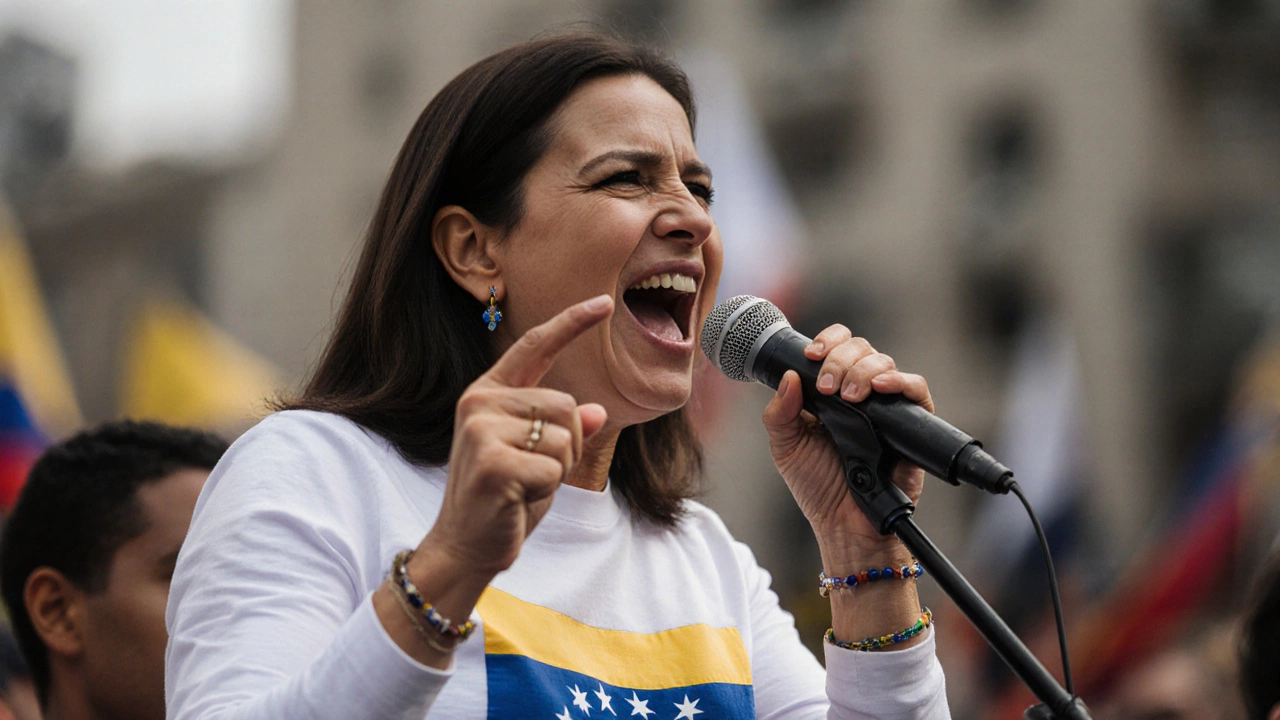Norwegian Nobel Committee – History, Role & Influence
When working with Norwegian Nobel Committee, the independent body that selects the Nobel Peace Prize laureates each year. Also known as Nobel Committee, it operates from Oslo, Norway’s capital and the official venue for the prize ceremony and follows the will of Alfred Nobel, the Swedish chemist who created the prizes in 1895.
The Committee’s main task is to evaluate thousands of nominations, rank them by criteria such as conflict resolution, human‑rights advocacy and climate action, and finally present the award to a Nobel laureate, an individual or organization recognized for outstanding contributions to peace. This process creates a direct link between the Committee, the Peace Prize, and the broader field of international diplomacy. In practice, the Committee’s decision often shapes media narratives, influences UN agendas and encourages NGOs to push for change.
How the Committee Shapes Global Peace Efforts
Every year the Committee gathers experts from law, politics and academia to debate the merits of each candidate. The discussions emphasize three core attributes: (1) tangible impact on conflict reduction, (2) commitment to human rights, and (3) ability to mobilize public opinion. By prioritizing these attributes, the Committee creates a feedback loop: laureates gain visibility, which in turn fuels new initiatives and policy reforms. For instance, when the International Committee of the Red Cross received the prize, hospitals in war zones reported a surge in donations, illustrating the Prize’s ripple effect.
Beyond the award ceremony, the Committee collaborates with the Nobel Foundation, the body that manages the finances of all Nobel Prizes. This partnership ensures that the Peace Prize’s monetary endowment supports the laureates’ ongoing work. Moreover, the Committee maintains an archive of nomination letters, which scholars use to trace the evolution of peace concepts over the past century. Those archives reveal how the definition of “peace” has broadened from treaty signing to include climate justice and digital rights.
Readers will find a mix of stories below that reflect the Committee’s wide‑ranging influence. Some posts dive into specific laureates—like Malala Yousafzai’s education campaign—while others discuss how the Prize has spurred diplomatic talks in regions such as the Middle East. A few articles even explore the Committee’s internal procedures, giving a behind‑the‑scenes look at how nominees are vetted. Together, these pieces illustrate how the Norwegian Nobel Committee serves as a bridge between idealism and concrete action.
Whether you are curious about the nomination timeline, the role of Oslo’s city council in the ceremony, or how laureates leverage their platform for advocacy, the collection ahead offers practical insights. Dive in to see how the Committee’s decisions reverberate through politics, humanitarian work and everyday conversations about peace.
Venezuelan Opposition Leader María Corina Machado Wins 2025 Nobel Peace Prize
Venezuelan opposition leader María Corina Machado wins the 2025 Nobel Peace Prize, prompting reactions from President Nicolás Maduro and new EU aid commitments.
